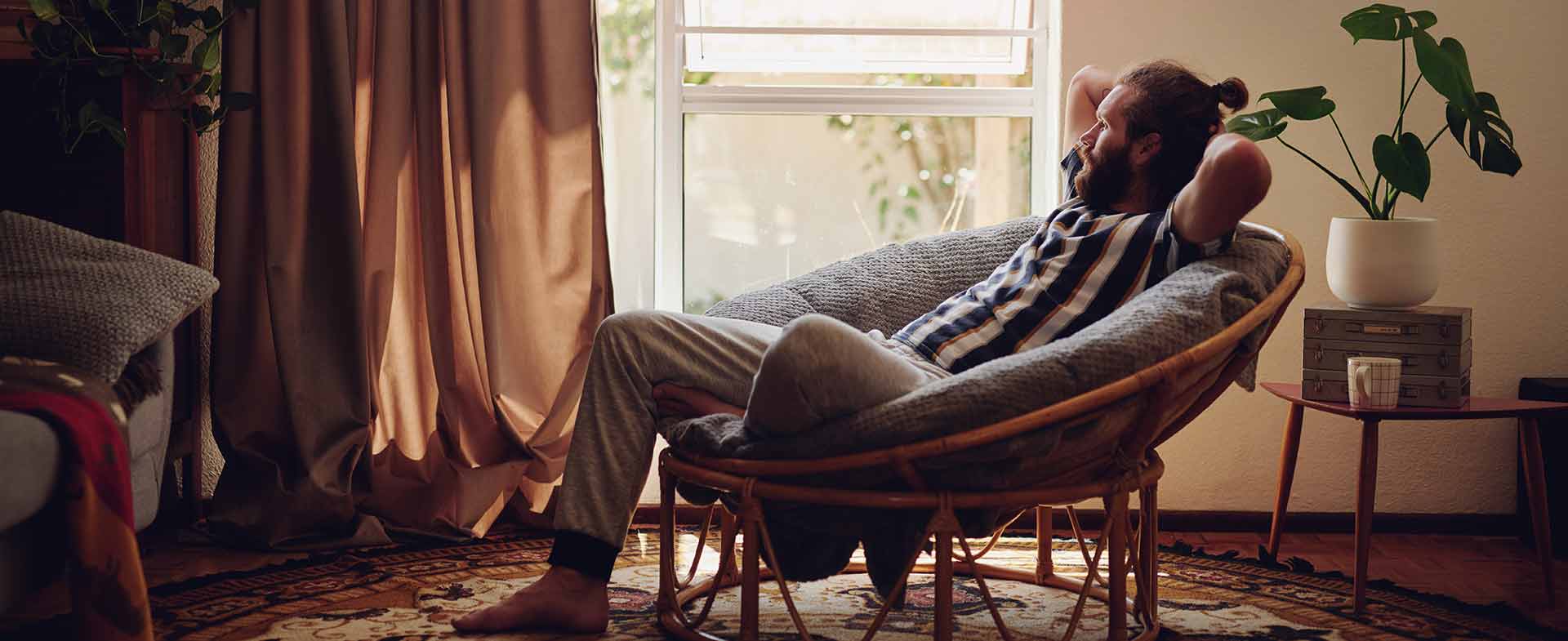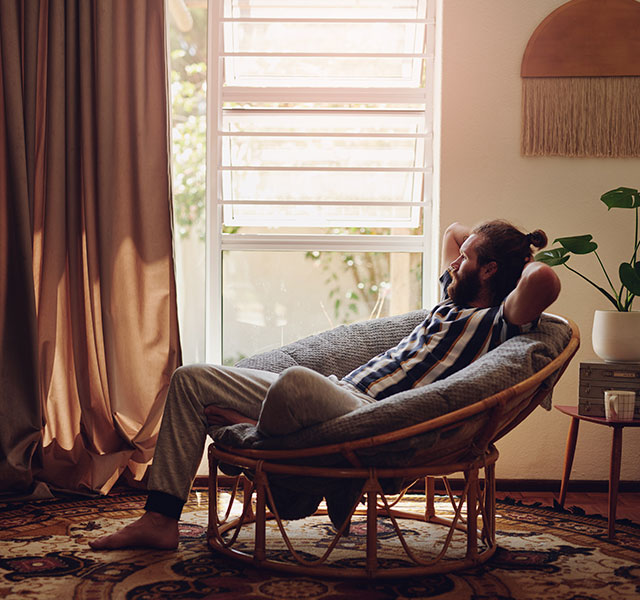Amidst our busy schedules, many of us try to power through the day without a break. When we do have some downtime, we often turn to electronic devices to fill the gap.
But research shows that eliminating distractions, taking time to do nothing and even daydreaming—just letting your mind wander—improve mental health, productivity and creativity.
“Sometimes we need to idle the engine and just be. A well-placed “time out” can be extremely effective, improving your ability to innovate, reason and be present in your daily life,” says Lisa MacLean, M.D., a psychiatrist at Henry Ford Health.
Benefits Of Doing Nothing
Periods of doing nothing shouldn’t be confused with laziness or lack of drive. Instead, Dr. MacLean advises recognizing the mental health benefits of daydreaming, which include:
- Aiding problem-solving: Breaks improve your ability to think logically, problem solve and make decisions.
- Boosting creativity: When you allow your mind to wander, you’re more likely to think of an innovative idea. After all, Sir Isaac Newton’s theory about gravity was inspired after he observed an apple falling while just walking in an orchard.
- Improving learning: Have you ever felt overwhelmed after listening to a long lecture or reading for hours? Taking a break gives your brain time to process, consolidate and store the information you’ve learned.
- Increasing productivity: Research has found that taking breaks improves concentration and attention, making you even more efficient and productive when you return to a task.
- Inspiring kindness: Taking time for reflection can inspire you to look beyond your own needs and help others. Being alone can spark a search for a larger sense of purpose. A break can prompt you to try meaningful activities that extend beyond your own life.
- Uplifting mood: Everyone can feel overwhelmed by work, school and family responsibilities. But resting your mind helps you recharge and regulate your emotions. It also allows you to find pleasure in idleness and savor an experience.
“Doing nothing can trigger a continuous chain of benefits. As your creativity and productivity improve, so do your mood and overall well-being. As you boost your mental health, you’re more likely to look for ways to help others,” Dr. MacLean says.
Tips For Taking A Time-Out
While there’s no hard and fast prescription for when or how often to take a break, it’s important to recognize signs that you need one. Dr. MacLean suggests taking a time-out when you feel drained, can’t concentrate or are stuck on a problem. “Even 2 to 5 minutes a day can have an impact, helping you recharge and power through the rest of your day.”
At first, you may feel uncomfortable doing nothing. It takes practice, but the purposeful habit of taking a mental time-out can be life-changing. Dr. MacLean suggests these strategies for incorporating time-outs into your schedule:
- De-stress: Actively work to rid yourself of unnecessary pressure and stress. Try using a stress tracker to identify when it’s time to take a break.
- Disconnect: Eliminate distractions from technology (computers, smartphones, TVs) and take time away from others to reconnect with yourself.
- Enjoy nature: Start your day with a morning walk or take time during the day to go outdoors. Notice the healing power of nature.
- Prioritize yourself: Give yourself permission to pause. Breaks are an essential part of self-care.
- Take daily time-outs: Create a daily ritual by dedicating a few minutes to doing nothing. Sit in silence as you drink your morning cup of coffee. Gaze out a window or close your eyes and let your mind wander.
Looking for more mental health advice and want to make an appointment with a psychiatrist or psychologist? Call 1-800-436-7936 or visit henryford.com.
Dr. Lisa MacLean is a psychiatrist specializing in adult ADHD treatment at Henry Ford Behavioral Services in Detroit. She is the director of physician wellness for Henry Ford Health, using her expertise to help doctors optimize wellness and find balance by teaching them healthy coping strategies so they can better serve their patients.



